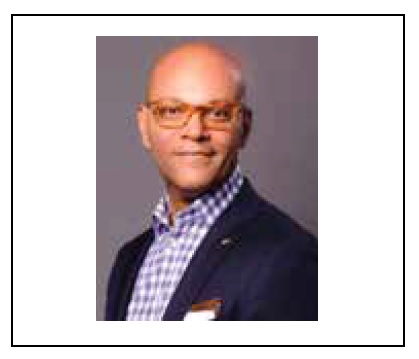
By Derek Barnes–
In last month’s column, we looked at political and economic systems that create the conditions that have institutionalized poverty for over 50M people in the U.S. Let’s examine some of the key drivers that perpetuate this continuing injustice.
From an economic perspective, an embedded profit-driven structure derives benefit from a low-wage workforce that’s optimized and maintained to extract or deliver value for businesses. Unregulated forms of extreme capitalism do an inadequate job ensuring a living wage or equitably sharing benefits to all stakeholders. Thus, federal and local governments (taxpayers) are often on the hook to provide subsidies for affordable housing, decent healthcare, proficient workforce education, and gaps in adequate savings while providing corporate tax breaks. Many businesses and leaders never meet their full philanthropic obligation to the surrounding communities that provide workers, resources, and infrastructure to operate effectively.
Politically, there appear to be two diametrically opposed views on a reality felt by many Americans—a war on the poor vs. the need for more social safety infrastructure. This inherent tension keeps us divided and distracted in eradicating the injustice of poverty. Whom does this injustice really serve?
Wealth redistribution through raising tax revenue doesn’t always help to fund sustainable upstream solutions. It doesn’t effectively reverse conditions that create poverty either. Downstream “fix” solutions never seem to get at root causes and often introduce too much overhead in bureaucratic systems that create inefficiencies—adding to overall costs. Trickle-down economics, often touted by special interests and politicians, doesn’t seem to provide the right incentives to motivate businesses or their leaders to be fully responsible for supporting the communities they are supposed to serve.
A steady diet of inexpensive labor and borrowing still fuels our economic engine, as long as there is a growing population and consumer base. Here is what businesses and pro-capitalist special interests typically engage when the conditions in an area once rich with resources begin to contract or become unsustainable:
1) invest in technology to drive more productivity (automation);
2) close or downsize their business interests in waning geographies;
3) or move their operations and production elsewhere—other cities, states, countries, or continents.
If businesses choose to leave or cease operations, unstable economic and geographic burdens are introduced upon their exit until the supporting ecosystem eventually implodes or collapses. An insatiable value extracting cancer or parasite moves from place to place, opportunistically. Over time, it quietly kills its host, rarely putting back into the communities an equal amount of what it consumes. Ultimately, it creates an enormous debt burden on the surviving ecosystem, which invariably fails over time.
Here lies another dilemma. People and communities languish and fall deeper into debt. They are left behind in the pursuit of more profit with a decreasing tax base that cannot support adequate community investment and social safety nets. Those individuals who are left behind become the new poor and rely more on dwindling government social services/programs that cannot keep up with the mounting need.
Political rhetoric from both sides kicks in. By the time any aid is mobilized and engaged to help those left behind, it’s generally too little and much too late to be widely effective. The middle and working class, who are already struggling, are left to pay the bill ultimately. They’re also placed in an untenable position to choose to wage war on the poor or to simply ignore the poor. Neither position ever helps to resolve the systemic problem that impacts so many.
Next month, we’ll look at philanthropy’s role in equalizing extreme forms of capitalism. But here’s the bottom line; America has racked up over $30T of public debt (a $90k share for each person in the U.S.) with one party that proclaims conservative fiscal responsibility.
The social programs touted by the other major party are no longer working to solve our systemic poverty efficiently and effectively. The dirty little secret is that neither party addresses the real issues of a collapsing/failing economic system and how this explicitly links to the constant pursuit of cheap commoditized labor—fueling an insatiable appetite for non-distributed profits.
In our current reality, you can’t take out more than you put into a system. When you do, it invariably creates a deficit somewhere in the system that must be reconciled.
Derek Barnes is CEO of East Bay Rental Housing Association
(www.EBRHA.com). He currently serves on the boards of Horizons Foundation and Homebridge CA. Follow him on Twitter @DerekBarnesSF or on Instagram at DerekBarnes.SF
Published on March 11, 2021







Recent Comments